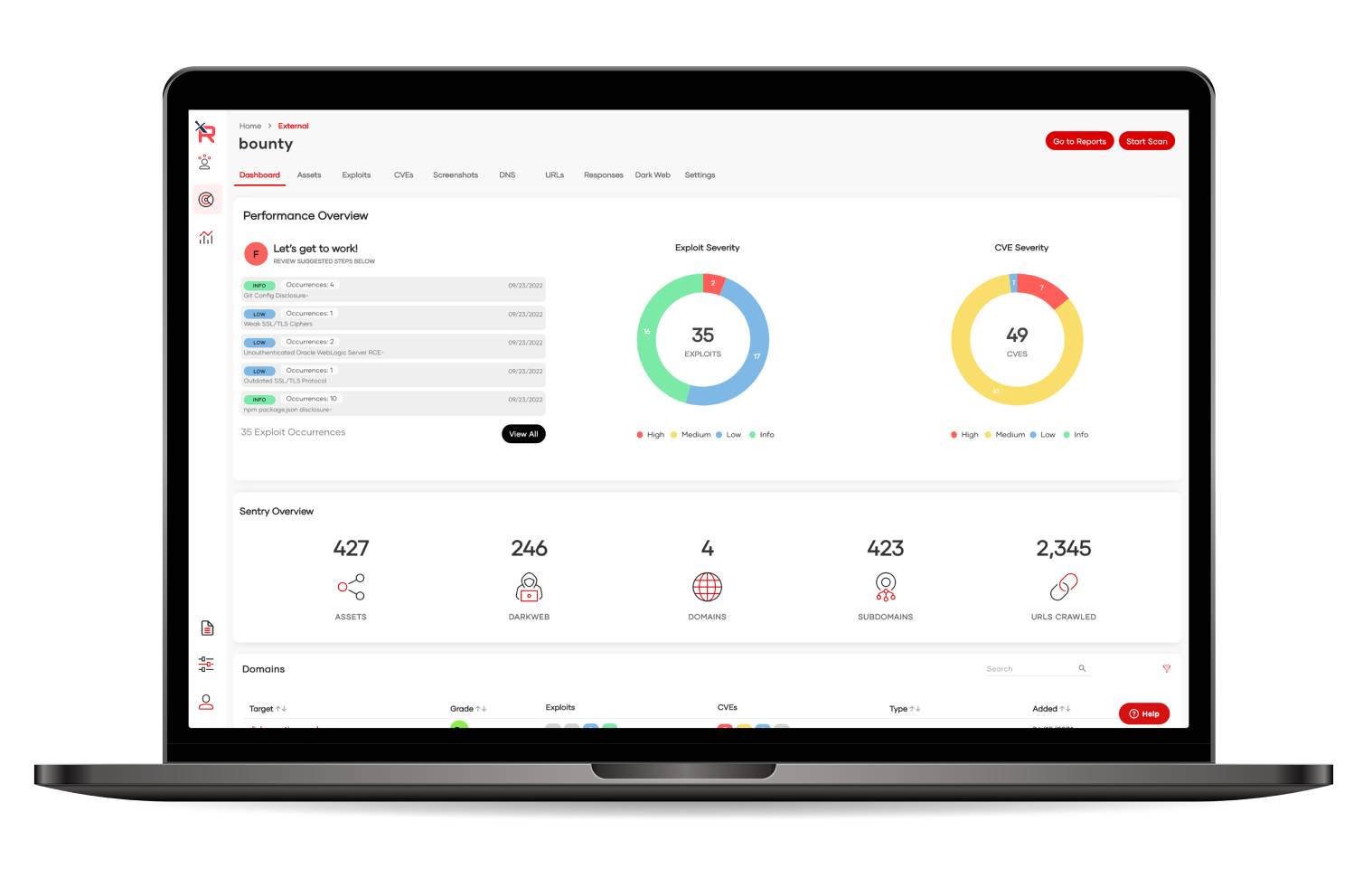Social Engineering Penetration Testing
"Unmasking the Invisible Threat: Social Engineering Penetration Testing Exposes Vulnerabilities and Brings Cyber Security to Life."

Unmasking Vulnerabilities: Social Engineering Penetration Testing Exposes Hidden Risks
Unmasking vulnerabilities in your security systems begins with understanding social engineering. Social engineering, a sinister form of psychological manipulation, exploits human error and deception techniques. It capitalizes on social manipulation techniques, demonstrating that security breaches often occur due to human vulnerability.
Penetration testing, specifically social engineering penetration testing, plays a vital role. It mimics the techniques used by hackers in order to uncover weaknesses. These hacker techniques include phishing attacks and malware attacks, posing major cybersecurity threats.
An essential part of cyber security is ethical hacking. Through ethical hacking, vulnerabilities in computer systems are identified and assessed in a controlled environment. Ethical hackers employ social engineering techniques, further emphasizing the importance of information security.
Risk assessment, a critical part of security testing, helps establish data protection measures. It ensures risk management from social engineering attacks, increasing the overall health of your system. Results of the risk and vulnerability assessment can then be used for security audits.
Fraud prevention tactics such as user awareness training is key. They equip users to detect and reject human and social manipulation, defending against security breaches and potential attacks.
Remember, embedding penetration testing methodologies into your cyber security strategy aids in unmasking hidden risks. It's not just about physical computer systems, but also the human aspect that is integral to data protection.

The Dark Art of Social Engineering Penetration Testing: Unmasking the Vulnerabilities that Threaten your Security.
In today's interconnected world where cyber threats loom large, organizations must take proactive measures to protect their sensitive data. One effective method used to identify vulnerabilities and improve security is social engineering penetration testing. This dark art of exploiting human manipulation and psychological tactics aims to unmask the very vulnerabilities that threaten our security.
Social engineering, a form of ethical hacking, simulates real-world attacks to reveal flaws in an organization's defenses. By manipulating individuals through social manipulation techniques, such as impersonating trusted personnel or leveraging persuasive communication, hackers gain access to sensitive information. Whether it's a targeted phishing attack or a malware-laden email, social engineering attacks exploit the weakest link in any cybersecurity system – human beings.
Conducting security testing is crucial to assess and mitigate the risks associated with social engineering. Vulnerability and risk assessments identify potential weaknesses in computer systems, allowing organizations to strengthen their information security. By understanding the techniques employed by hackers and the deception techniques they use, organizations can implement fraud prevention measures and develop effective risk management strategies.
The increasing prevalence of social engineering attacks highlights the urgent need for penetration testing methodologies that focus on assessing an organization's susceptibility to such tactics. Security audits and user awareness training play a vital role in equipping employees with the knowledge to recognize and respond to social engineering attempts. By cultivating a culture of vigilance, organizations can minimize the likelihood of falling victim to social manipulation.
To combat the evolving landscape of cybersecurity threats, organizations must adopt a multi-layered approach to data protection. Implementing robust security measures, such as firewalls, encryption protocols, and penetration testing, helps safeguard sensitive information from unauthorized access. Regularly updating security protocols and conducting comprehensive vulnerability assessments further fortify the organization's defenses.
While technological advancements provide powerful tools to protect against cyber threats, humans remain a critical factor to consider. By recognizing the intricate web of techniques employed by hackers, organizations can better protect themselves against social engineering attacks. By shining a light on the dark art of social engineering penetration testing, we unmask the vulnerabilities that threaten our security and pave the way for a safer digital landscape.
You're in Good Hands
Save time, avoid false positives, truly operationalize security,
and manage costs.
Frequently Asked Questions
The most effective social engineering techniques used in penetration testing involve human manipulation and psychological tactics. These techniques exploit vulnerabilities in computer systems and aim to deceive individuals through social manipulation, phishing attacks, and malware attacks. It is crucial for organizations to conduct vulnerability and risk assessments, implement fraud prevention measures, and provide user awareness training to mitigate social engineering attacks.
Social engineering techniques, within the scope of penetration testing, help expose security vulnerabilities by utilizing human manipulation. Some common techniques include phishing, where users are tricked into divulging sensitive information, and malware attacks, where malicious software is used to gain unauthorized access. Through these methods, ethical hackers can identify weaknesses in computer systems and information security, enhancing data protection and preventing fraud.
Organizations can defend against social engineering attacks and strengthen security by conducting effective penetration testing. This involves simulating real-world attacks to identify vulnerabilities, assess risks, and implement appropriate security measures. By understanding hacker techniques and using ethical hacking, organizations can enhance their security posture and protect against social manipulation and cybersecurity threats. This includes regular security audits, user awareness training, and deception techniques to combat phishing and malware attacks for robust data protection and fraud prevention.















